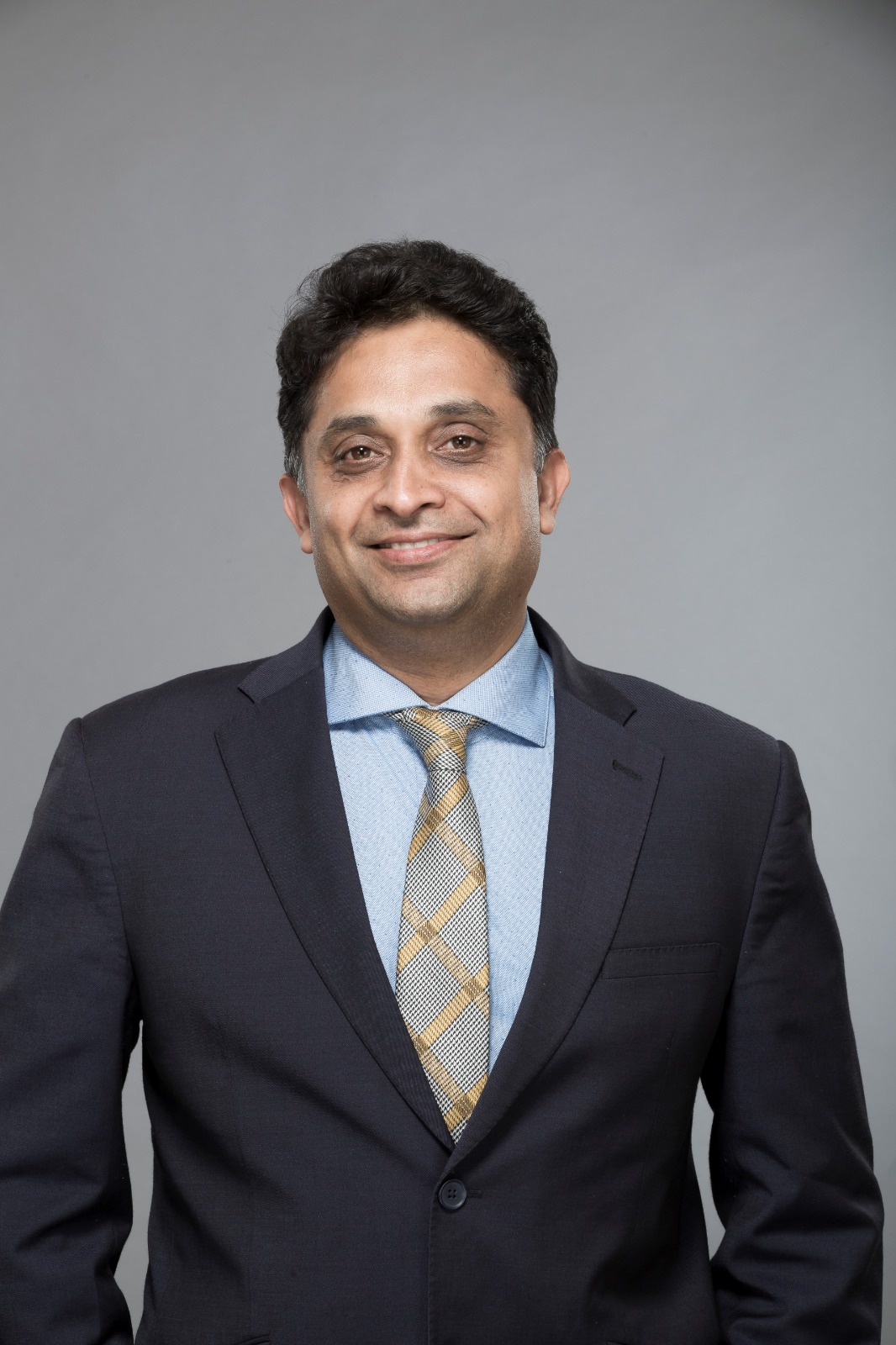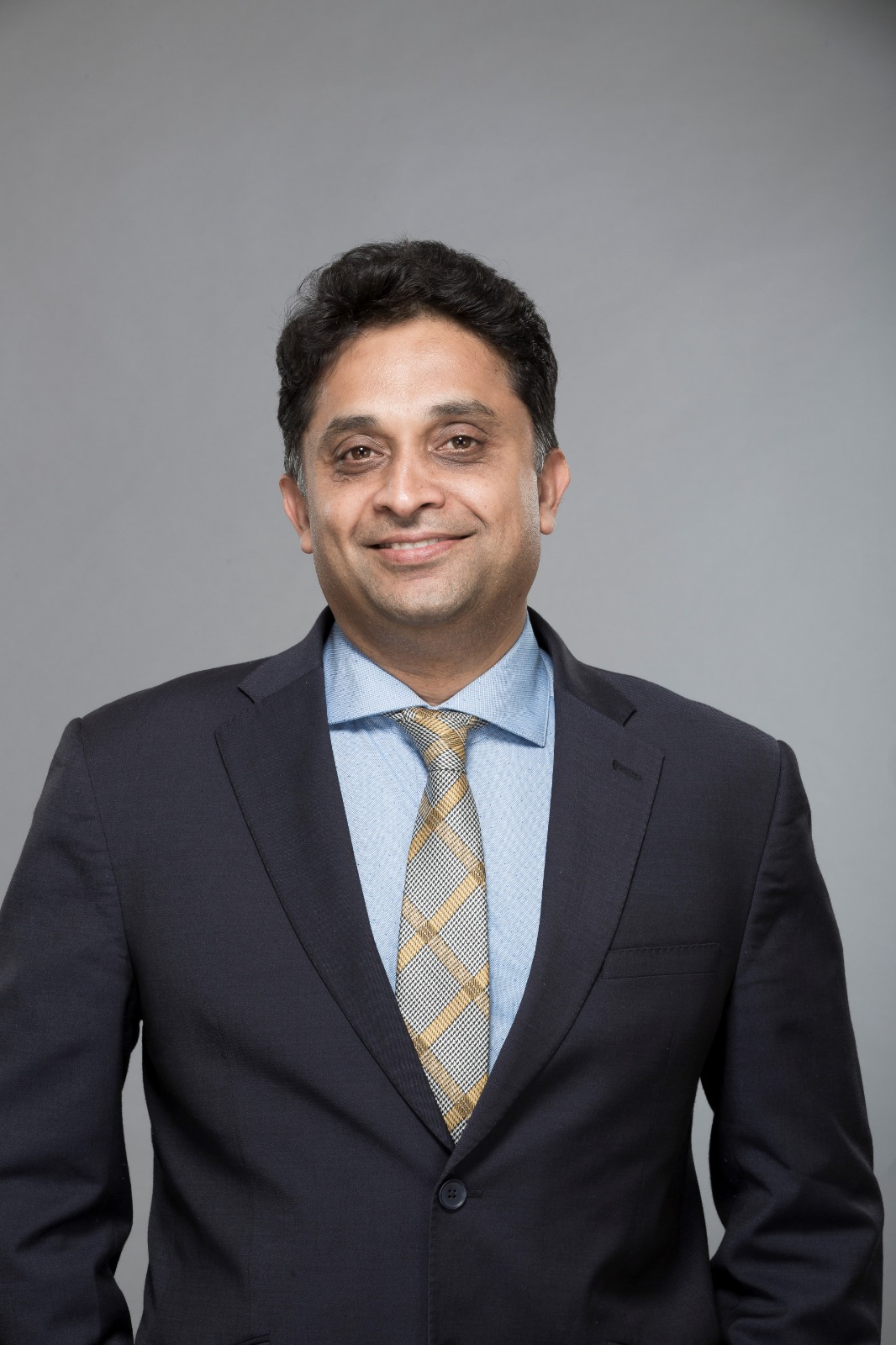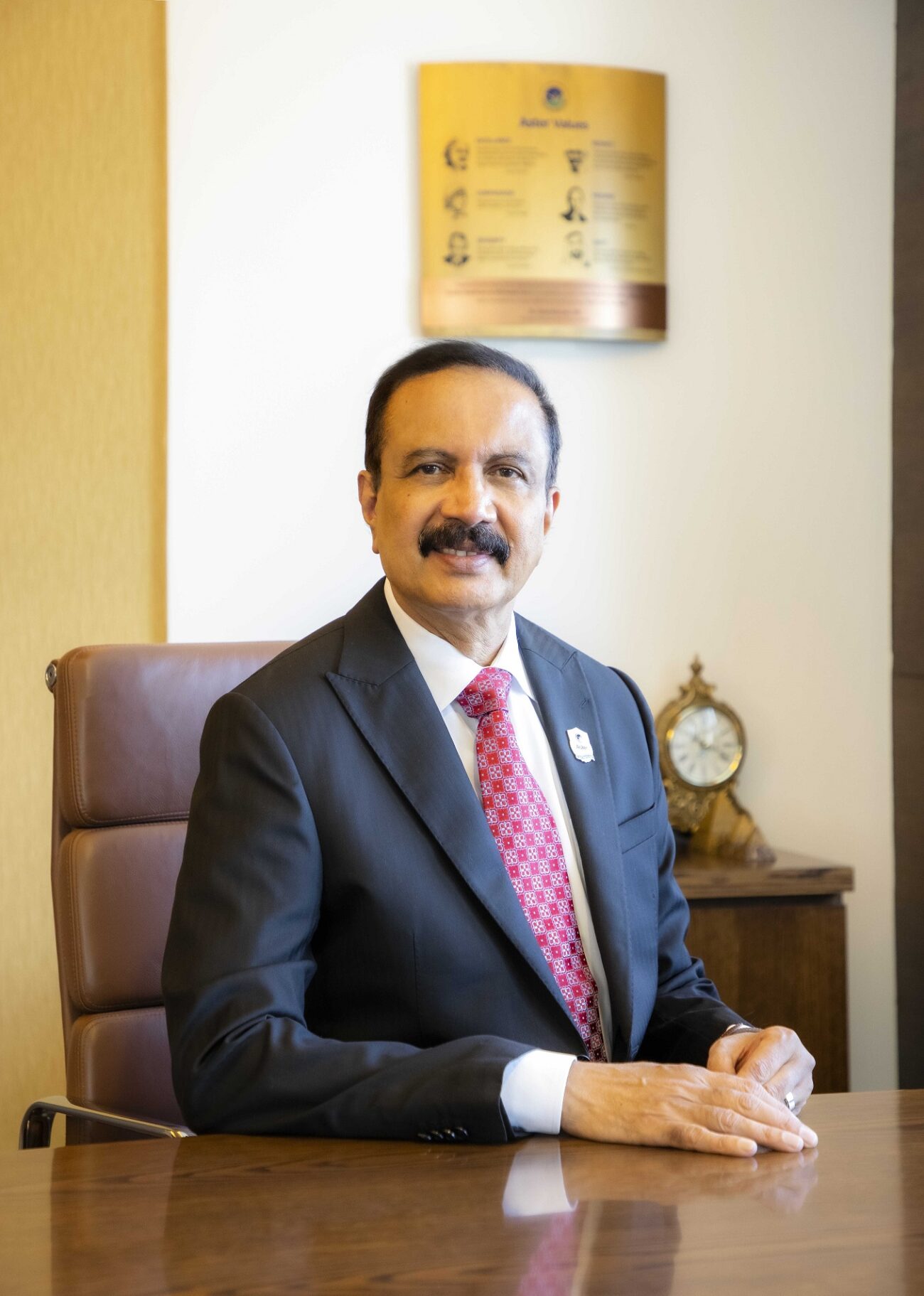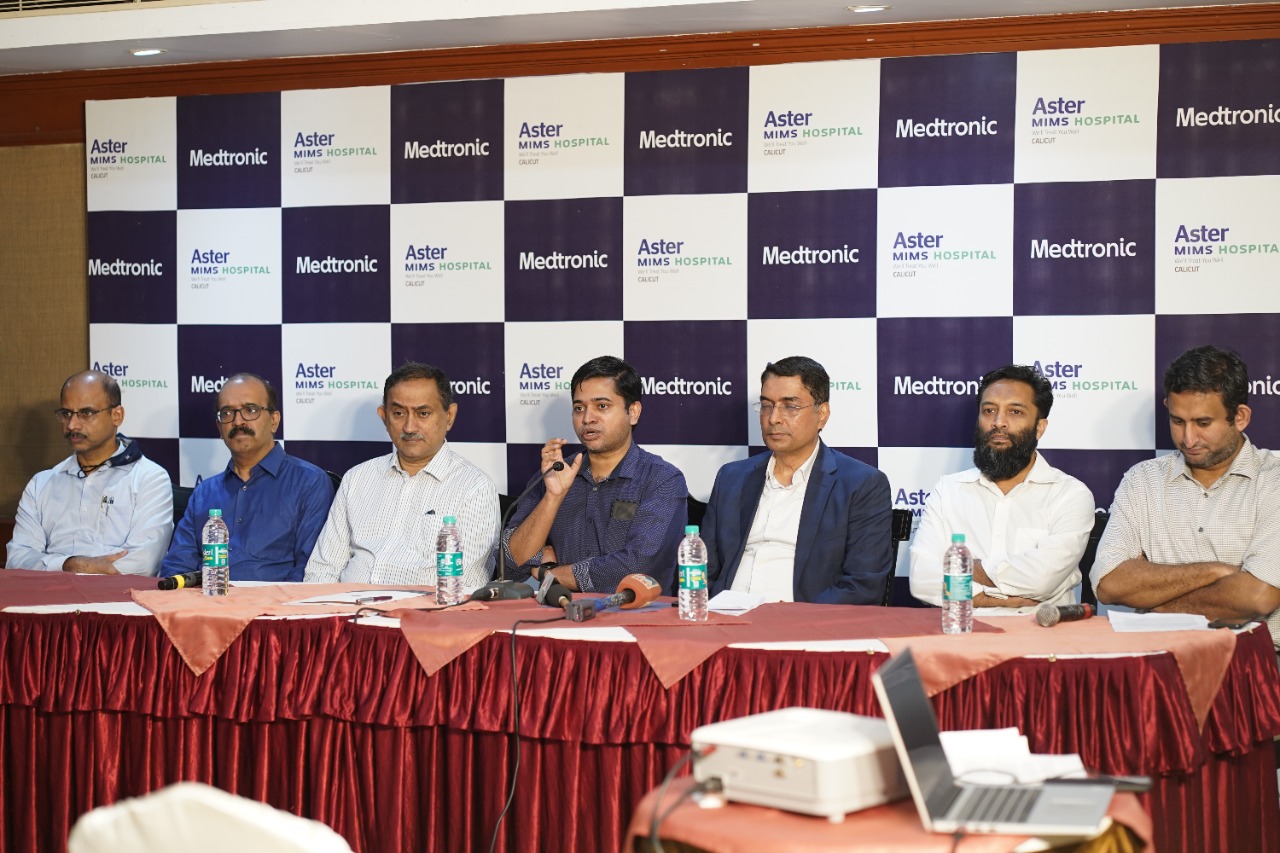Aster MIMS Hospital Becomes India’s first hospital to complete 50 Kidney Swap transplants
The Kidney swap transplant procedure provides a solution to a critical shortage of compatible kidneys for patients suffering from kidney failures in India. According to recent reports, India’s annual requirement for kidney transplant ranges
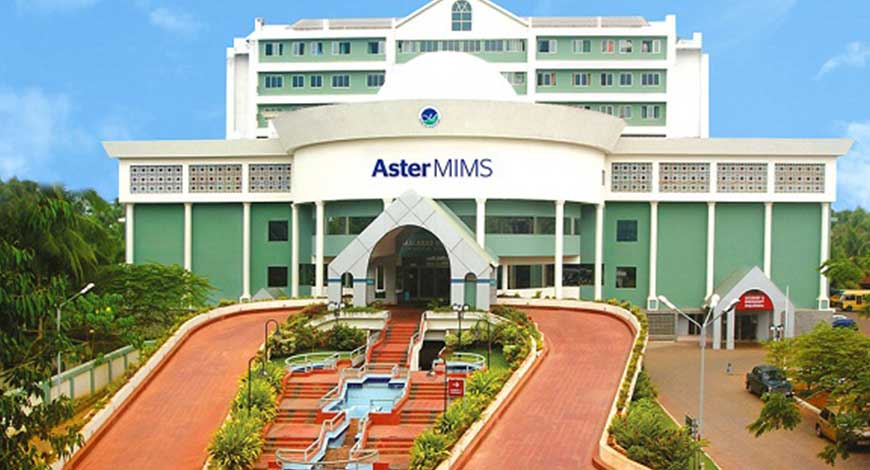
- The Kidney swap transplant procedure provides a solution to a critical shortage of compatible kidneys for patients suffering from kidney failures in India.
- According to recent reports, India’s annual requirement for kidney transplant ranges between 1-2 lakhs, with a mere 6,000 occurring in reality. As per Kerala Network for Organ Sharing (KNOS) there are 1780 patients waiting for a kidney transplant in the State.
In a remarkable achievement, Aster MIMS Hospital successful completes its 50th Kidney Swap Transplant. With the announcement, Aster MIMS Hospital became the first hospital in the country to have achieved this historical feat. The first swap transplant at Aster MIMS was performed in 2012, and since then it has paved the way for other hospitals in the region to adopt this life-enhancing procedure.
The Aster MIMS Hospital, through its organ transplant program, seeks to address the acute shortage of organs by enlarging the pool of living donors who want to donate a kidney to a family member or friend but can’t due to issues such as incompatible blood types.
The Ministry of Health’s calculation states that the annual requirement for kidneys could range between 1-2 Lakhs with a mere 6,000 transplants occurring in reality. Acute shortage of donors, coupled with the incompatibility of the kidney between the donor and recipient makes the situation even grimmer with dialysis being the only feasible option. That is until recently. With the advent of swap transplants, two or more people can exchange kidneys with each other with minimum risk and a high success rate.
Speaking at the achievement, Farhan Yasin Regional Director, Aster Hospitals Kerala and Oman said “The success of swap transplant depends on the donors’ generosity and mutual trust. The success of every transplant is a testament to patients’ trust in our expert team of doctors, surgeons, and paramedics, who have collaboratively contributed to the success of every organ transplant performed in the hospital.
He further added, “MIMS Charitable Trust, the DM Foundation, and other individual donors have made possible arrangements to provide low-cost kidney transplants for underprivileged patients and free kidney transplant surgeries for kids under 14 from poor families.”
Recently, the expert team of doctors from Aster MIMS, Calicut did another complex 3-way SWAP transplant saving the lives of 3 people from Wayanad, Malappuram and Thrissur last month. 3 families and simulations were going through a state of dilemma. One person from each family was suffering from End-Stage Renal Disease (ESRD), and with SWAP transplant the only option left, the medical experts without further delay planned and performed the transplants with utmost care.
These surgeries were conducted by an expert team from Aster MIMS Hospital including Dr Sajith Narayanan – Head, Nephrology; Dr Ismail NA – Senior Consultant, Nephrology; Dr Firoz Aziz- Senior Consultant, Nephrology; Dr Sreejesh B – Senior Consultant, Nephrology; Dr Thushara A – Specialist, Nephrology; Dr Ravikumar Karunakaran -Head, Urology; Dr Abhay Anand-Senior Consultant, Urology, Dr Surdas R – Senior Consultant, Urology; Dr Kishore – Head Anaesthesia.
Today, all the donors and recipients are recovering well and are under strict diet and medication.
Dr Sajith Narayanan, Head -Nephrology, Aster MIMS hospital said, “End-Stage Renal Disease is the most highly prevalent health condition in India. In most cases, patient approaches their doctors in the end-stage because the disease is asymptomatic. Therefore, it is essential to do routine check-ups for diabetes and high blood pressure as they are the biggest risk factors of ESRD.”
There are numerous outreach programmes initiated by Aster MIMS Hospital team to support the underprivileged, with the aim to help spread awareness about the early detection of the disease.



